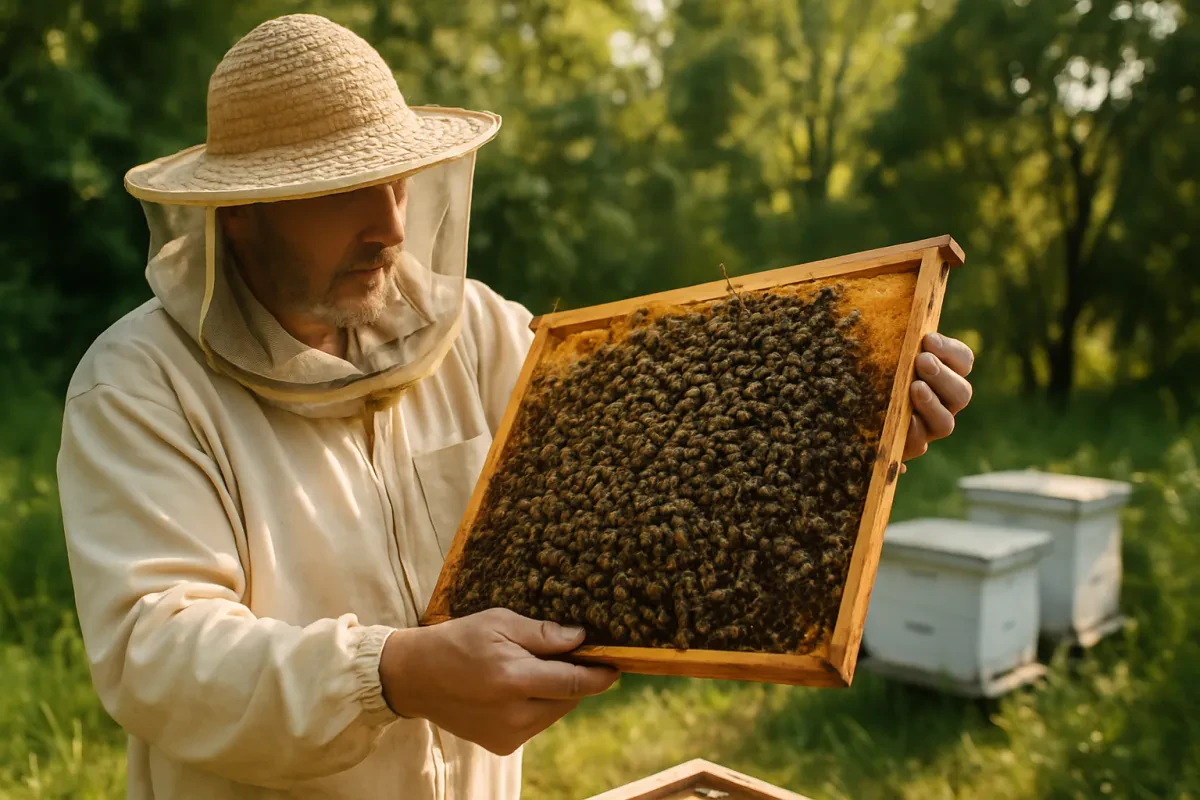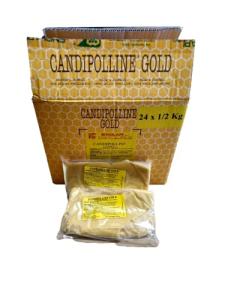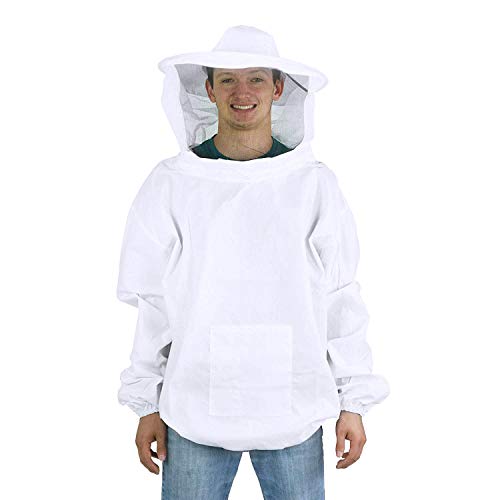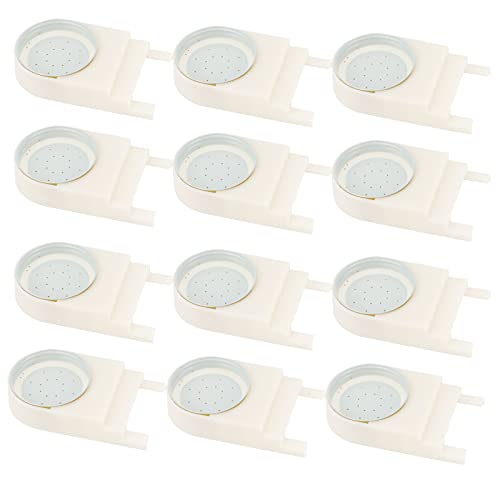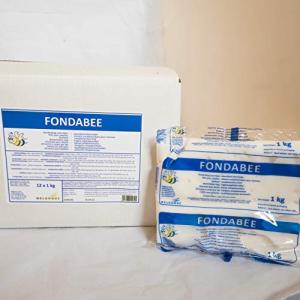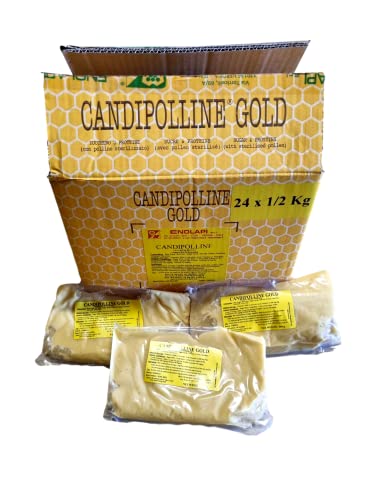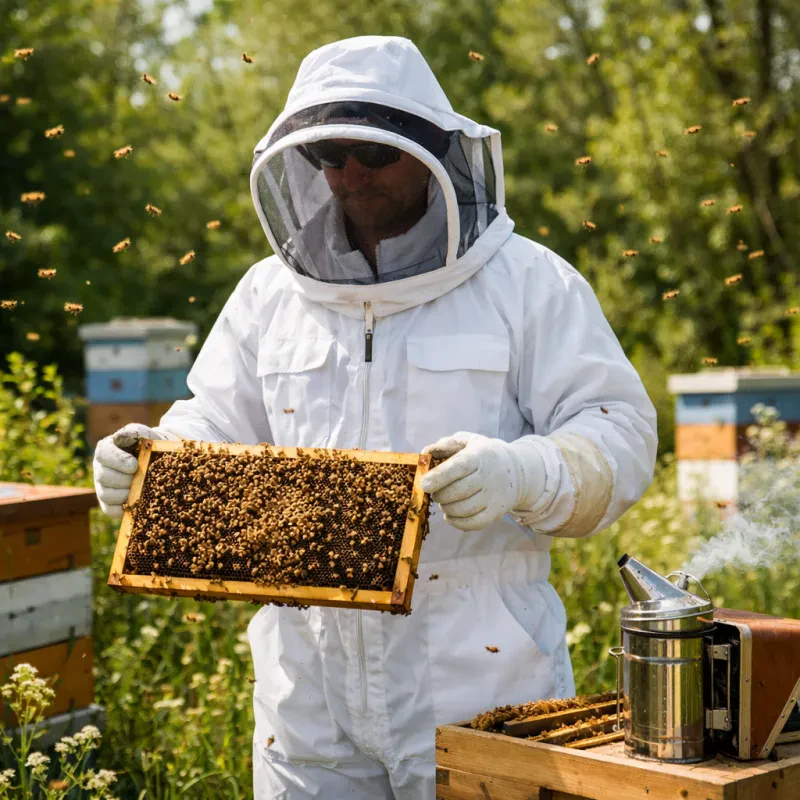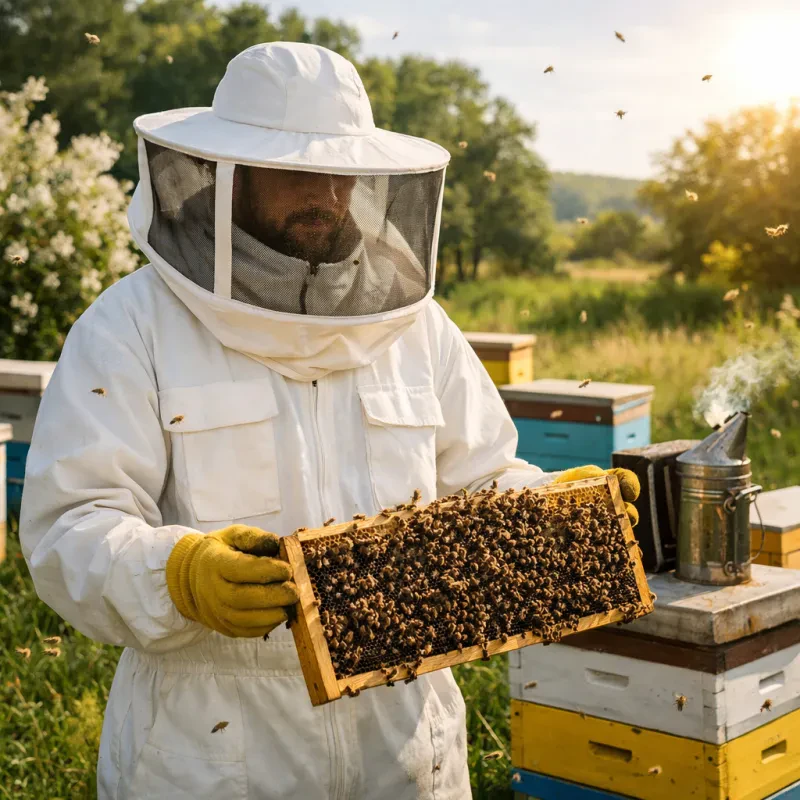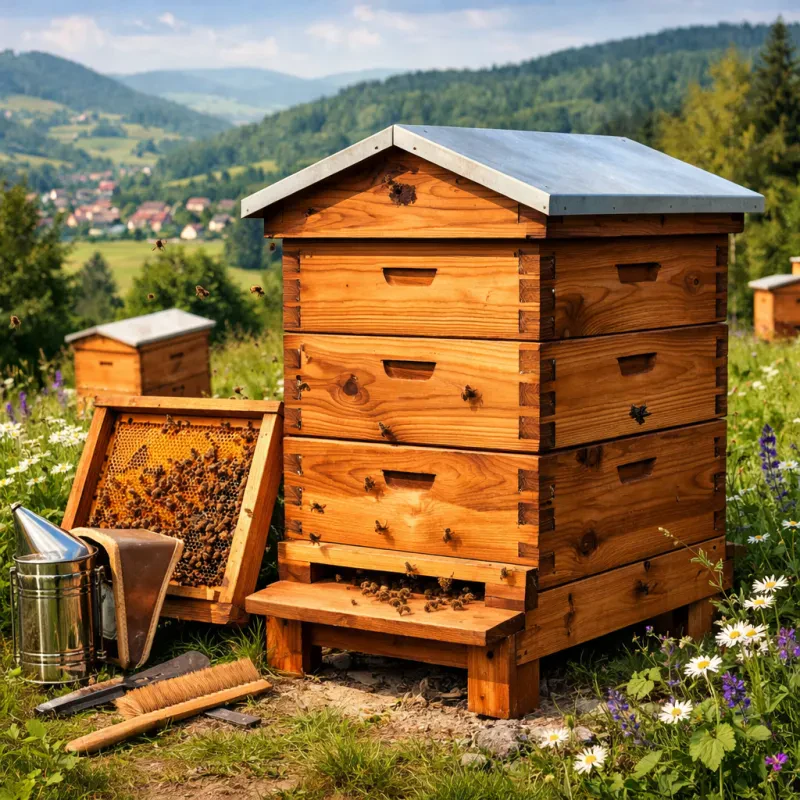If you’re diving into the world of beekeeping, understanding the basics of organic bee keeping techniques is key. It’s all about creating a natural environment for your bees while avoiding chemicals that can harm them. Here’s what you need to know.
First off, the foundation of organic beekeeping is the hive. Choosing a good quality, well-constructed hive makes a big difference. Look for hives made from natural materials. They should allow for good ventilation and easy access for inspections. Strong, healthy bees thrive in a well-maintained hive.
Next, focus on the health of your bees. This means providing them with the right food and care. Organic practices recommend using sugar syrup or natural feeds during tough seasons. Avoid putting chemicals in your hives. When pests and diseases pop up, look for natural remedies. You can use essential oils or beneficial insects to keep your hives healthy without harsh chemicals.
Don’t forget about the plants around your hives! Planting native flowers and herbs can provide your bees with a variety of pollen and nectar sources. This not only supports their health but also helps them produce delicious honey. Try to maintain a diverse garden that blooms at different times throughout the season.
Lastly, always keep learning. Organic bee keeping techniques evolve, and it’s important to stay updated. Join local beekeeping groups or online communities. Share your experiences with others and soak up tips from seasoned beekeepers to keep your hive thriving.
Essential Tools for Organic Beekeeping
Getting into organic beekeeping is exciting, but you need the right tools to make it a success. Here’s a rundown of essential tools that every organic beekeeper should have in their toolbox to help you master organic bee keeping techniques.
Beekeeping Suit: You don’t want to get stung more than necessary. A good beekeeping suit protects you and gives you peace of mind while you work with your bees. Look for suits that are lightweight and breathable, especially if you'll be working on warm days.
Hive Tool: This little gadget is a game changer. A hive tool helps you pry apart frames, scrape off propolis, and perform various tasks when you’re managing the hive. You’ll quickly find that a good hive tool is essential for applying those organic bee keeping techniques effectively.
Smoker: Keeping your bees calm is key to a smooth operation. A smoker helps mask your scent and keeps the bees relaxed while you inspect the hive. Plus, it can also help you manage pests and encourage your bees to focus on their work rather than buzzing around you.
Bee Feed and Supplements: Sometimes, your bees need a little extra love, especially during tough seasons. Invest in organic bee feed and supplements to ensure they stay healthy and strong. This support helps you implement your organic bee keeping techniques while promoting sustainable practices.
1kg Candipolline Gold - UK Beekeeping Supplies
Product information
£14.85
Product Review Score
4.29 out of 5 stars
223 reviewsProduct links
Natural Ways to Keep Bees Healthy
Keeping your bees healthy is all about providing them with a safe and clean environment. If you want to go the organic route, there are plenty of natural methods to support your buzzing buddies. Start by making sure their hives are sheltered from harsh weather and pests. A dry, well-ventilated hive works wonders in preventing diseases and keeps the bees calm.
One fantastic way to boost bee health is by planting diverse flowers around your apiary. This gives them access to a variety of pollen and nectar sources. The more variety, the better! You can create a bee-friendly garden with native plants, wildflowers, or even herbs. These not only provide food, but also contribute to a thriving ecosystem.
Organic Bee Keeping Techniques also include natural pest management. Instead of reaching for chemical pesticides, consider using essential oils or diatomaceous earth. These options can deter pesky insects without harming your bees. Plus, they help maintain the hive’s natural balance, which really benefits your bee colony in the long run.
Regular checks on your bee colony are a must. Look for signs of stress or disease, like a decline in the queen's egg-laying or unusual bee behavior. Staying vigilant and addressing issues early can prevent bigger problems down the line. You can also give your bees a boost with sugar syrup or protein patties when natural food sources are low.
Beekeeping Suit: Protective Clothing for Beekeepers
Stay safe and protected with our high-quality Beekeeping Suit - essential gear for avid beekeepers
Product information
£10.89
Product Review Score
4.11 out of 5 stars
112 reviewsProduct links
Tips for Harvesting Honey Like a Pro
Harvesting honey is one of the most exciting parts of bee keeping. If you want to get it right and enjoy sweet rewards, here are some tips to help you harvest like a pro.
First things first, timing is everything. Wait until most of the honeycomb frames are capped. This means the bees have sealed off the honey, so you know it’s ready. If you harvest too early, you might end up with honey that's too watery. You can check the frames by gently pulling them out and looking for that lovely, golden capping.
Next, gear up! Put on your bee suit, gloves, and a veil to protect yourself. Even if your bees are generally friendly, it’s always best to be prepared. Using a smoker can also help calm the bees while you work. Just a couple of puffs of smoke, and they’ll be much easier to handle.
When it comes to extracting honey, you have a few options. You can use a honey extractor, which spins the frames and pulls the honey out using centrifugal force. Or, if you’re keeping it super simple, you can crush and strain the honey from the comb. Remember to have clean containers ready for your liquid gold!
Lastly, always practice good hygiene. Make sure everything you’re using is clean and sanitized. This is a key part of organic bee keeping techniques. You want to keep your honey pure and delicious. A bit of extra care goes a long way in preserving the quality of your harvest.
